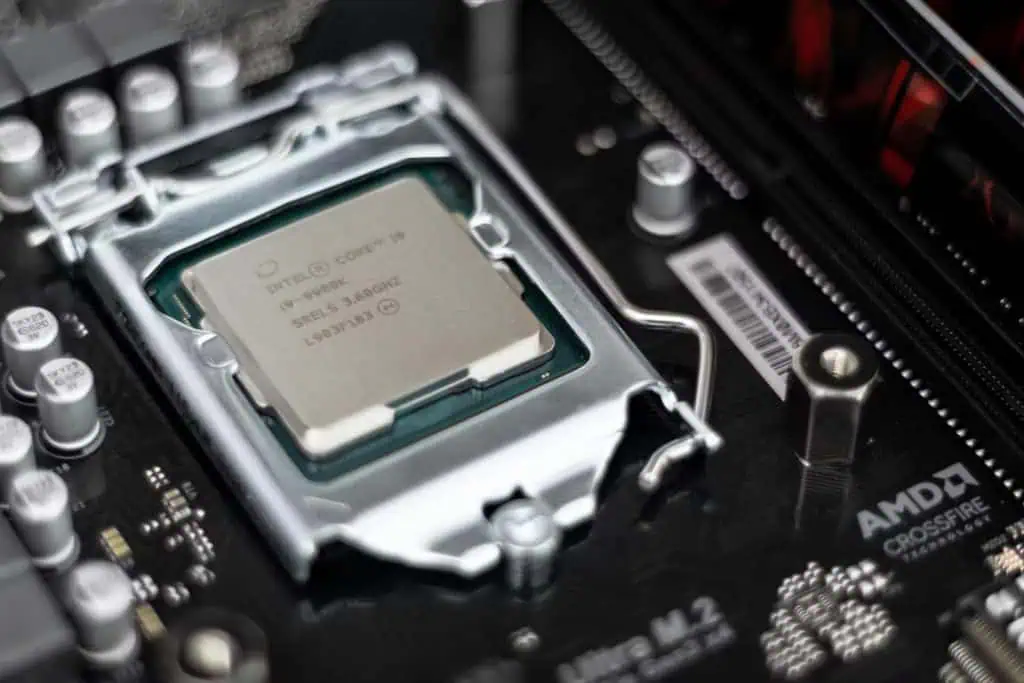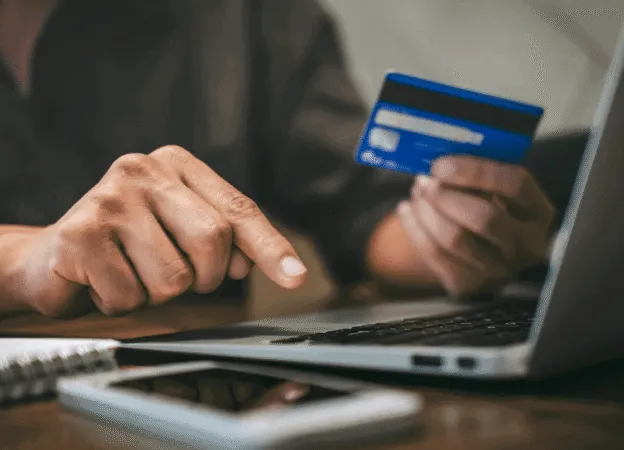Some big purchases that are costing you money everyday may seem necessary at first, but over time, they can drain your wallet with ongoing costs you may not expect. Whether it’s maintenance, insurance, or interest, these hidden expenses pile up, taking more out of your budget than planned.
Table of Contents
By understanding which purchases are the most costly over time, you can make better decisions about what’s really worth owning and where it might be better to save or even sell.

Purchases That Are Costing You Money Every Day
Owning a car
Owning a car may feel essential these days, especially depending on where you live, but it’s one of the most expensive assets to maintain, especially if it isn’t used often. Between monthly payments, insurance, fuel, and regular upkeep, the costs of a car quickly add up.
If you live in an area with good public transportation, it might make more sense to sell your car and save on these ongoing expenses. For many, maintenance costs are a huge factor; cars need regular oil changes, tire rotations, and brake checks, which can be pricey.
Over time, cars also lose value. Depreciation means that a car worth thousands today could be worth only a fraction in just a few years. With all these expenses, it’s easy to see how owning a car can drain your bank account daily.

Home ownership
Home ownership is often considered a wise investment, but it comes with ongoing expenses that aren’t always apparent. Homeowners pay for property taxes, insurance, and constant repairs, from leaky faucets to broken appliances.
These maintenance needs come up more frequently than expected, and they can be costly, eating into any equity you’re building. In addition to maintenance, utilities for a house are often much higher than for a rental apartment.
Heating, cooling, water, and electricity bills are ongoing expenses that can increase depending on the size of the home and the region. So while homeownership has its advantages, it’s important to consider the continuous financial demands that come with it.
It’s a good idea to identify these additional costs and the type of maintenance that you might need to think about both now and in the future. Once you’ve done that, you can start doing things that will either mitigate those costs or avoid them completely.
For example, you can set aside some money each month for an eventual roof replacement that will help avoid water damage due to leaks. Similarly, you can replace old power-hungry appliances with newer ones that work more efficiently and use less energy.
Gym memberships and home gym equipment
Health is essential, but gym memberships or expensive home gym equipment might be costing you more than you’re actually getting out of them. Many people sign up for a gym membership with good intentions, but they might end up going less frequently than they planned.
Monthly or annual fees continue to be charged whether or not the gym is being used, and some gym contracts are hard to cancel. Similarly, expensive home gym equipment like treadmills, stationary bikes, or weights can take up space and may become unused over time.
Maintenance on these machines can also be costly, and if they break down, repairs are often expensive. Instead of investing in these big purchases, consider affordable workout apps, community sports, or outdoor activities that don’t require big financial commitments.
High-end electronics
Many people love to keep up with the latest gadgets, from the newest smartphones to top-of-the-line laptops and tablets. However, buying high-end electronics can be surprisingly expensive, not just at the point of purchase but also with all the added costs of accessories, protection plans, and upgrades.
These devices quickly become outdated, making consumers feel the need to buy the latest version again and again. On top of that, repairs for these gadgets can be costly, especially once they’re out of warranty.
For instance, a cracked phone screen or broken laptop hinge can result in hundreds of dollars in repairs. Rather than going for the latest model every time, consider whether these devices truly add enough value to justify their high ongoing costs.
In most cases, you can get years and years of use by just looking after your devices better. Whether it’s a laptop or smartphone, small things like uninstalling unused apps and programs, and keeping it clear of viruses and malware can help keep it running smoothly.
By learning to use your devices better, you’ll squeeze a lot more life out of them and you’ll realize that you really don’t need all of those expensive high-end gadgets and electronics.

Owning recreational vehicles or boats
Recreational vehicles (RVs) and boats are often seen as the perfect additions for an active lifestyle, promising endless weekends of fun and adventure. However, these big purchases come with a lot of hidden costs.
Maintenance, storage, insurance, and fuel all add up quickly, making them some of the priciest toys around. For example, boats need winterizing and regular cleaning, while RVs require engine and tire maintenance, which can be expensive if done properly.
Additionally, since these vehicles are often used seasonally, they might sit in storage for most of the year, adding up storage fees without offering much benefit. Renting an RV or boat only when you need it can be a smarter and more cost-effective choice.
Owning one of these vehicles isn’t for everyone, so it’s always a good idea to consider the long-term costs and the reality of having one.
Why Cutting Back Can Save More In The Long Run
Choosing to spend wisely on these big purchases could save thousands of dollars in the long run. By carefully weighing the real benefits versus the daily costs, it’s possible to avoid financial strain and focus on experiences and purchases that genuinely add value.
Cutting back on non-essential high-cost items doesn’t have to mean sacrificing fun or comfort; instead, it opens up new opportunities to use money in ways that align better with long-term goals.
So the next time you’re ready to splash your cash on something big, take a moment to think about it like an investment.



